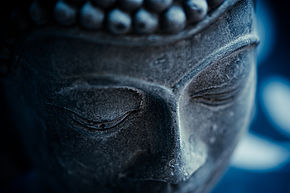
Acupuncture is both an ancient art and a rigorous contemporary health practice. Becoming a successful practitioner entails both extensive training and a deep respect for its long history, development, and variety.
First and foremost, all acupuncturists in the US have to be certified and licensed based on three to four years of graduate study and, perhaps even more importantly, over three thousand hours of clinical practice on at least two hundred and fifty different patients. In most states, this is regulated by the National Certification Commission of Acupuncture and Oriental Medicine (NCCAOM). The existence of the national certification is crucial in the continued expansion of insurance coverage for acupuncture. Likewise, the FDA has ensured that acupuncture needles are safe and effective medical implements since the late 1990s.
With the meteoric rise in popularity of acupuncture in the US since the 1970s, it’s important that your acupuncturist has a strong history of reputable training. While certifications go a long way toward ensuring quality, you should look ensure that your acupuncturist has studied deeply in the field. This will entail a commitment to continuing study in multiple areas of Traditional Chinese Medicine (TCM).
A great acupuncturist knows how to help you with your specific issues—and has the training, experience, and appreciation for the ancient practice of acupuncture to give you the best treatment available. Traditional Chinese Medicine is holistic, which means that we take into account the total health of the individual we’re working with. If we see a hundred patients, they might require a hundred different tailor made treatments. Acupuncture is always highly personalized, which is one of its many benefits—and when you find the right acupuncturist for you, you’ll be amazed by the results.












